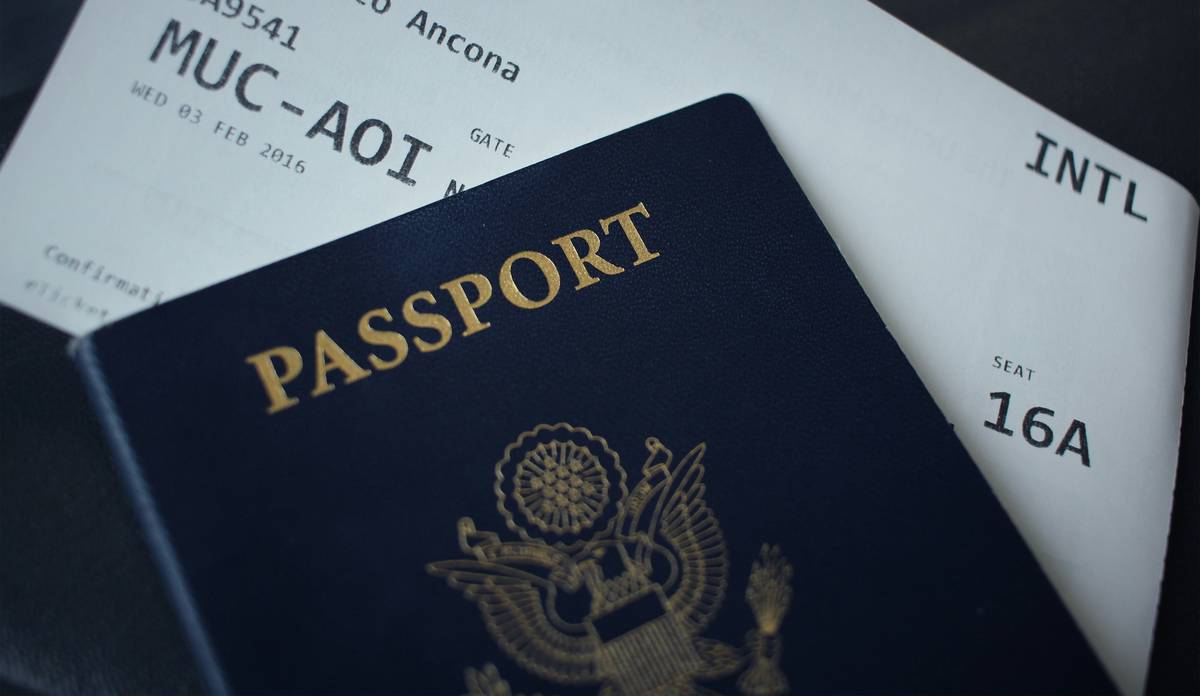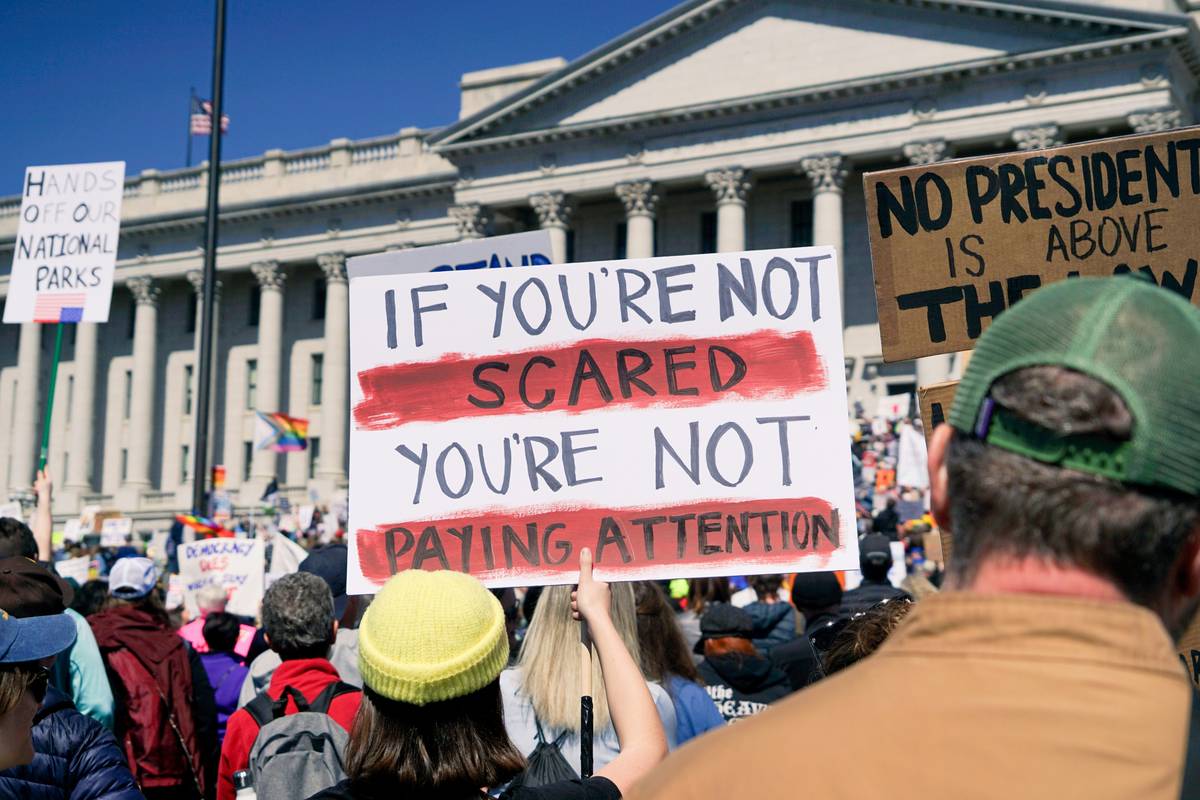Ever been stranded abroad after a sudden travel ban left you scrambling for options? If so, you’re not alone. Many travelers overlook their credit cards‘ built-in travel insurance—only to find themselves in deep water when emergencies strike (and no, we’re not just talking about those margaritas). The truth? Credit card travel insurance rules can be your lifeline—but only if you understand them.
In this post, you’ll learn how to decode credit card travel insurance rules like a pro, uncover the often-hidden role of political risk insurance, and avoid common pitfalls that cost travelers thousands. Let’s dive in!
Table of Contents
- Key Takeaways
- Why Credit Card Travel Insurance Matters More Than You Think
- How to Navigate Credit Card Travel Insurance Rules
- Top Tips for Maximizing Your Coverage
- Real-Life Examples of Smart vs Stupid Claims
- Frequently Asked Questions About Travel Insurance
Key Takeaways
- Credit card travel insurance isn’t one-size-fits-all; coverage varies wildly based on issuer and card type.
- Understanding “political risk insurance” could save you big during global unrest or sanctions.
- Always read the fine print—it’s ugly, but skipping it is dumbest move #1.
- Your claim process depends heavily on keeping meticulous records of receipts and documentation.
Why Credit Card Travel Insurance Matters More Than You Think
Picture this: A flight cancellation due to an unannounced strike leaves you out $800—a small fortune. But hold up, did you know some premium credit cards have policies covering such scenarios under their travel insurance perks? Now imagine ignoring those benefits because they looked “too complicated.” Oof.
According to recent data:
“Over 65% of Americans don’t even know whether their credit card offers travel insurance.” – Consumer Financial Protection Bureau (CFPB)

Here’s where things get spicy. Many credit cards provide extensive protections beyond medical emergencies—including something called political risk insurance. This coverage helps mitigate losses tied to geopolitical instability, like government seizures, evacuation expenses, or civil unrest. Knowing these specifics can mean the difference between thriving and crying while traveling abroad.
(Optimist You:)* Awesome! Free safety net!*
(Grumpy You:)* Ugh, but reading terms & conditions feels like watching paint dry.*
How to Navigate Credit Card Travel Insurance Rules
Ready to master credit card travel insurance rules without losing your mind? Follow these steps:
Step 1: Check Your Cardholder Agreement
This document holds all the answers. Start by logging into your account online and downloading the latest agreement PDF. Search for sections labeled “Benefits,” “Travel Protections,” or similar keywords.
Step 2: Identify Specific Coverages Offered
Different cards offer different perks:
- Basic Cards: Medical emergencies, lost luggage, delayed flights.
- Premium Cards: Trip cancellations, rental car theft, political risk coverage (!).
Step 3: Call Customer Service
If unsure, pick up the phone. Speak directly with customer service agents for clarification—they speak fluent “insurance jargon” and will break down what applies to you. Bonus points if they email over policy details post-call.
Step 4: Store Key Documents Digitally AND Physically
Sounds dramatic, sure, but having digital copies AND printed versions means you won’t panic if tech fails mid-trip. Dropbox folders FTW.
Top Tips for Maximizing Your Coverage
- Book Flights Through Your Credit Card: Purchases made via eligible cards trigger automatic protection triggers.
- Don’t Ignore Supplemental Forms: Some claims require extra info from airlines/hotels/etc. Keep everything.
- Activate Benefits Before Departure: Certain programs need pre-authorization before trips begin.
- Talk To Experts Pre-Departure: Travel advisors familiar with insurances may spot gaps early.
Note: DO NOT rely solely on travel rewards hacks unless verified—one guy tried to use airline miles instead of activating his travel insurance… let’s just say his refund request got denied faster than a dial-up connection.
Real-Life Examples of Smart vs Stupid Claims
Smart Move Story: Sarah activated her Chase Sapphire Reserve’s political risk clause ahead of visiting Turkey amid rising tensions. When protests erupted near her hotel, she was safely evacuated thanks to covered expenses totaling $2,000+. Crisis averted!
Stupid Mistake Alert: Dave booked an expensive trip using his Amex Platinum yet missed activating its included travel protections feature entirely. After missing connections due to hurricane delays, he ended up footing the entire bill himself ($1,500+). Lesson learned hard way!
Frequently Asked Questions About Travel Insurance
Is travel insurance through my credit card enough?
Depends! For short domestic trips, yes. International adventures might benefit from supplemental plans depending on destination risks.
What counts as ‘political risk’ under my coverage?
Political risk usually refers to events drastically affecting safety/operations within specific countries e.g., coups d’état, embargoes, forced evacuations, etc.
Do secondary policies stack?
Nope. Most secondaries act as backups, meaning primary insurers pay first then remaining balances fall onto secondary layers.
Conclusion
Congrats—you’ve officially leveled up in understanding credit card travel insurance rules! By now, you should feel confident decoding which benefits matter most, especially niche ones like political risk insurance.
To recap:
- Always review agreements thoroughly beforehand;
- Take advantage of proactive measures like call-aheads;
- And never underestimate power of preparation!
Oh, and remember: Like a Tamagotchi from yesteryears, good insurance needs daily care lest disasters sneak attack unexpectedly 🦾💪


